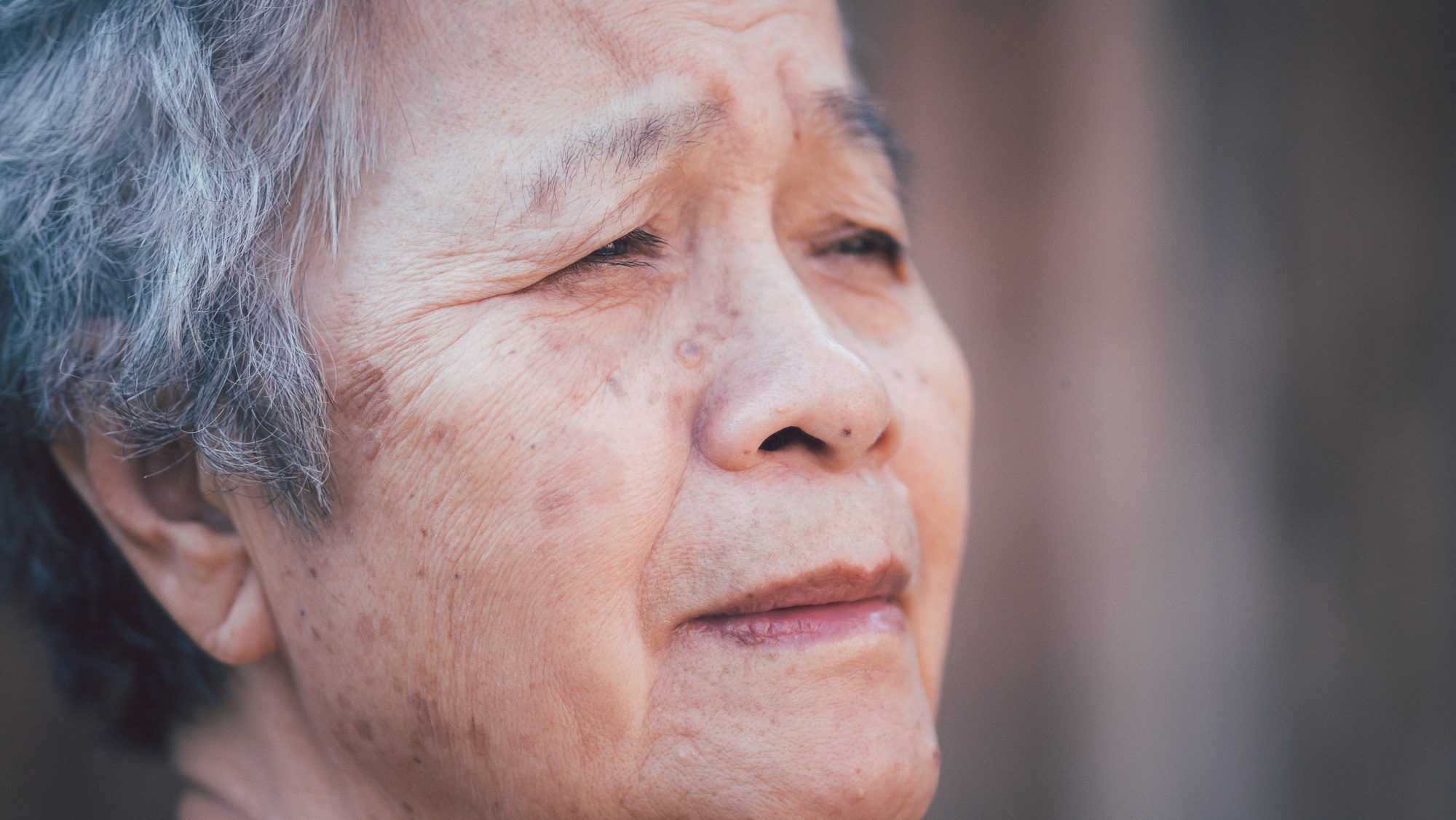JAPAN: In Tokyo, an unexpected phenomenon is unfolding behind the walls of Tochigi Women’s Prison, the country’s largest women’s prison.
The inmates here, some elderly and frail, appear to reflect a society facing rapid ageing and growing isolation. While the notion of a prison is typically associated with punishment, in Tochigi, many inmates find themselves in a paradoxical situation—preferring incarceration over the harsh realities of life outside.
This surprising trend highlights the broader issue of loneliness and economic struggle faced by Japan’s elderly.
Incarceration of necessity – elderly women behind bars
According to the latest report from CNN, Tochigi Women’s Prison, located north of Tokyo, has become home to an increasing number of elderly inmates. Inside, one finds residents whose lives have been marked by hardship—wrinkled hands, bent backs, and the slow shuffle of those relying on walkers for mobility. These women are not violent criminals but rather victims of a society grappling with poverty and isolation.
For many, prison has unexpectedly turned into a refuge. Here, they receive meals, healthcare, and eldercare—all necessities that are increasingly difficult to secure on the outside, especially for those living on meagre pensions or with no family support. Some elderly women even express a desire to stay incarcerated, offering to pay for the privilege because the prison offers them stability and a sense of community that is otherwise missing from their lives.
The role of loneliness in incarceration
The loneliness experienced by these elderly women is palpable. One inmate, Akiyo, 81, admitted that life in prison was the most stable and secure she had experienced. Akiyo’s story is a poignant example of how difficult life on the outside can be for the elderly. She had committed a minor theft to survive, as her small pension left her with almost nothing. The lack of emotional support from her family led her to a point of despair where prison seemed like the only option.
Her story is not unique. A significant number of elderly female inmates in Japan are incarcerated for theft, often committed out of necessity. The elderly population in Japan faces a stark reality—nearly 20% of individuals aged 65 or older live in poverty, making survival on a fixed income a daily challenge. For many, prison offers not only safety from physical dangers but also relief from the emotional and psychological toll of loneliness.
The shifting face of incarceration in Japan
The ageing prison population in Japan has brought about a shift in how prisons are managed. The number of prisoners over the age of 65 has surged, with this group quadrupling from 2003 to 2022. As a result, prisons like Tochigi are increasingly resembling nursing homes rather than traditional correctional facilities. Guards now routinely help inmates bathe, eat, and manage their health—tasks traditionally reserved for eldercare professionals rather than prison staff.
While the prison system struggles to keep up with this demographic change, it has begun adapting by providing specialized services for elderly inmates. For example, in Tochigi, one in five inmates is over the age of 65, and many elderly inmates, like Yoko, a 51-year-old repeat offender, have become informal caregivers for their fellow inmates. These women assist in nursing duties when staff shortages occur, often because they have training in eldercare.
The challenge of reintegration
The challenge doesn’t end once an elderly inmate is released. The reintegration process can be incredibly difficult, especially for those with little family support or those who have been abandoned after repeated offences. Despite efforts by Japan’s welfare ministry to improve support systems, including community centres and housing initiatives, the reality for many elderly former prisoners is bleak. The lack of a solid support system after release increases the risk of recidivism.
Programs designed to help these women regain independence and re-enter society exist, but they are often insufficient in addressing the deep-rooted issues of loneliness and financial instability. Without proper support, many elderly women find themselves falling back into crime as a means of survival. As Japan’s ageing population continues to swell, the country faces a critical challenge: How can it care for its growing elderly population, especially those at risk of being left behind by the societal systems meant to support them?
A call for change
The situation at Tochigi Women’s Prison is a microcosm of a much larger issue in Japan. The elderly population is growing at an unprecedented rate, and without adequate support systems in place, many elderly people find themselves isolated, impoverished, and vulnerable to criminal behaviour as a means of survival. While prisons like Tochigi provide basic needs and a sense of community, they are not a long-term solution to the problem of ageing in Japan.
As Japan looks toward the future, the need for comprehensive eldercare reform and more robust support for the elderly outside of prison is clear. For many elderly women in Japan, the cycle of loneliness, poverty, and incarceration continues to spiral, highlighting the urgent need for social and systemic changes to address these challenges head-on.
Featured image by Depositphotos (for illustration purposes only)

